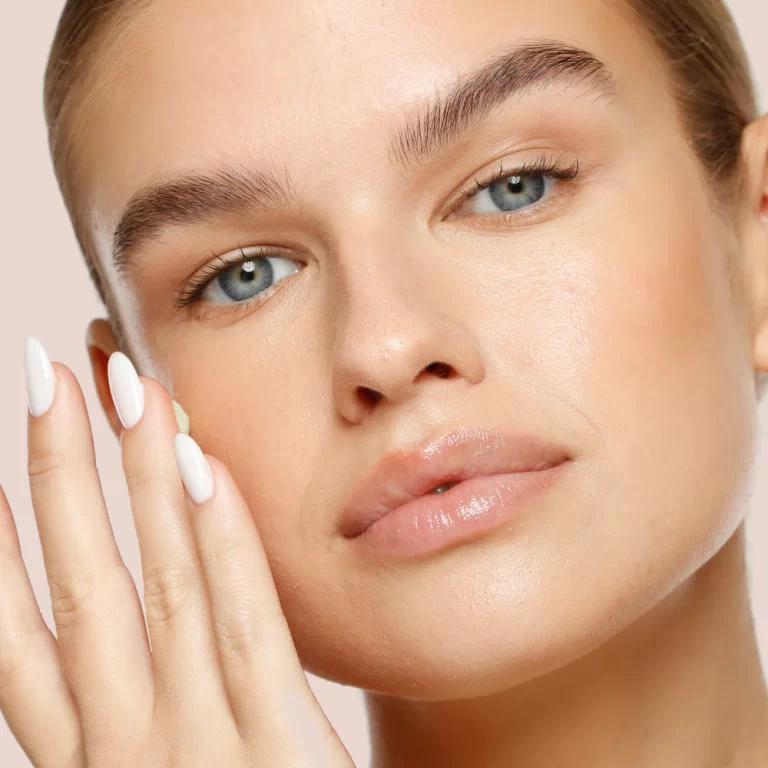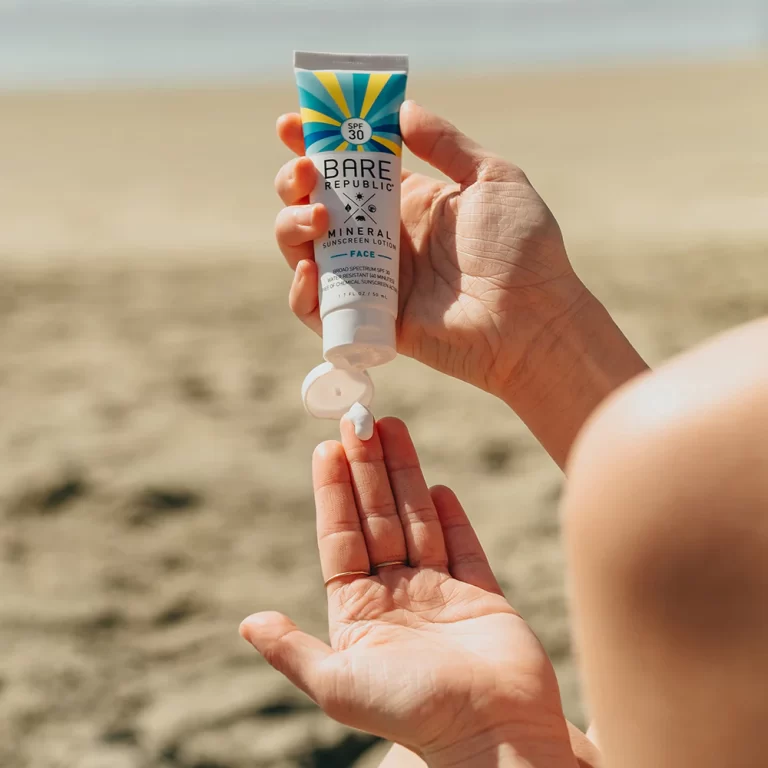
Is Baby Lotion Good for Your Face: A Comprehensive Guide
The Allure of Baby Lotion for Facial Care
Baby lotion has gained attention as a potential facial moisturizer for adults, sparking curiosity and debate among skincare enthusiasts. The appeal lies in its gentle formulation, designed for the delicate skin of infants. Many people wonder if this mildness could benefit adult skin, particularly for those with sensitive complexions. Is baby lotion good for you face?Baby lotions often boast simpler ingredient lists, free from harsh chemicals and fragrances that might irritate adult skin. Additionally, these products typically come at a lower price point compared to specialized facial moisturizers, making them an attractive option for budget-conscious consumers.
The idea of using a product associated with the softness and purity of baby skin holds a certain charm. However, the suitability of baby lotion for adult facial care requires careful consideration. While some individuals swear by this unconventional skincare hack, others caution against it. This article delves into the pros and cons of using baby lotion on adult facial skin, exploring its ingredients, potential benefits, and possible drawbacks. By examining this topic from various angles, readers can make informed decisions about incorporating baby lotion into their skincare routines.
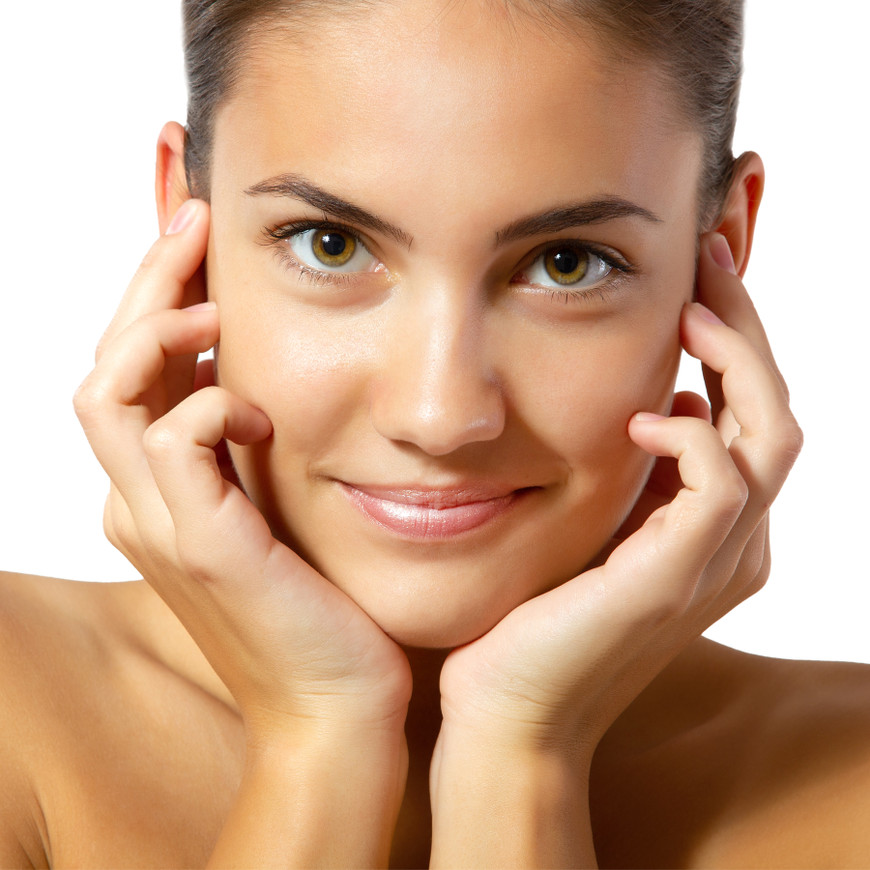
Understanding the Composition of Baby Lotion
Is baby lotion good for you face?Baby lotions are formulated with specific ingredients to cater to the unique needs of infant skin. These products typically contain a mix of emollients, humectants, and occlusive agents to moisturize and protect delicate skin. Common ingredients include glycerin, which attracts moisture to the skin, and mineral oil or petrolatum, which create a barrier to prevent moisture loss. Many baby lotions also incorporate natural ingredients like aloe vera, chamomile, or oat extracts known for their soothing properties.
Importantly, baby lotions often exclude potential irritants such as strong fragrances, dyes, and harsh preservatives. This gentle formulation aims to minimize the risk of allergic reactions or skin irritation in babies. However, it’s crucial to note that adult skin differs from baby skin in several ways. Adult skin tends to be thicker, produces more oil, and has different pH levels. These differences raise questions about whether baby lotion can adequately address adult skincare needs. While the mild nature of baby lotion might appeal to those with sensitive skin, it may not provide the targeted benefits that many adults seek in their facial care products. Understanding these compositional aspects helps in evaluating the potential effectiveness of baby lotion for adult facial use.
Potential Benefits of Using Baby Lotion on Adult Facial Skin
Using baby lotion on adult facial skin offers several potential benefits that make it an appealing option for some individuals. Firstly, the gentle formulation of baby lotions can be particularly suitable for those with sensitive skin or conditions like rosacea or eczema. The absence of harsh chemicals and fragrances reduces the risk of irritation, making it a potentially safe choice for daily use. Additionally, the simplicity of baby lotion formulas aligns with the growing trend towards minimalist skincare routines. Many baby lotions provide basic hydration without unnecessary additives, which can be beneficial for those looking to simplify their skincare regimen.
The occlusive properties of ingredients like mineral oil or petrolatum in baby lotions can help lock in moisture, potentially improving skin hydration over time. For individuals with dry or dehydrated skin, this moisture-retaining effect can be particularly beneficial. Moreover, the affordability of baby lotions makes them an accessible option for those on a budget or looking to cut down on skincare expenses. Some users report that baby lotions help maintain a soft, supple complexion without causing breakouts or clogged pores. While these potential benefits make baby lotion an intriguing option for facial care, it’s important to consider individual skin types and needs when evaluating its suitability.
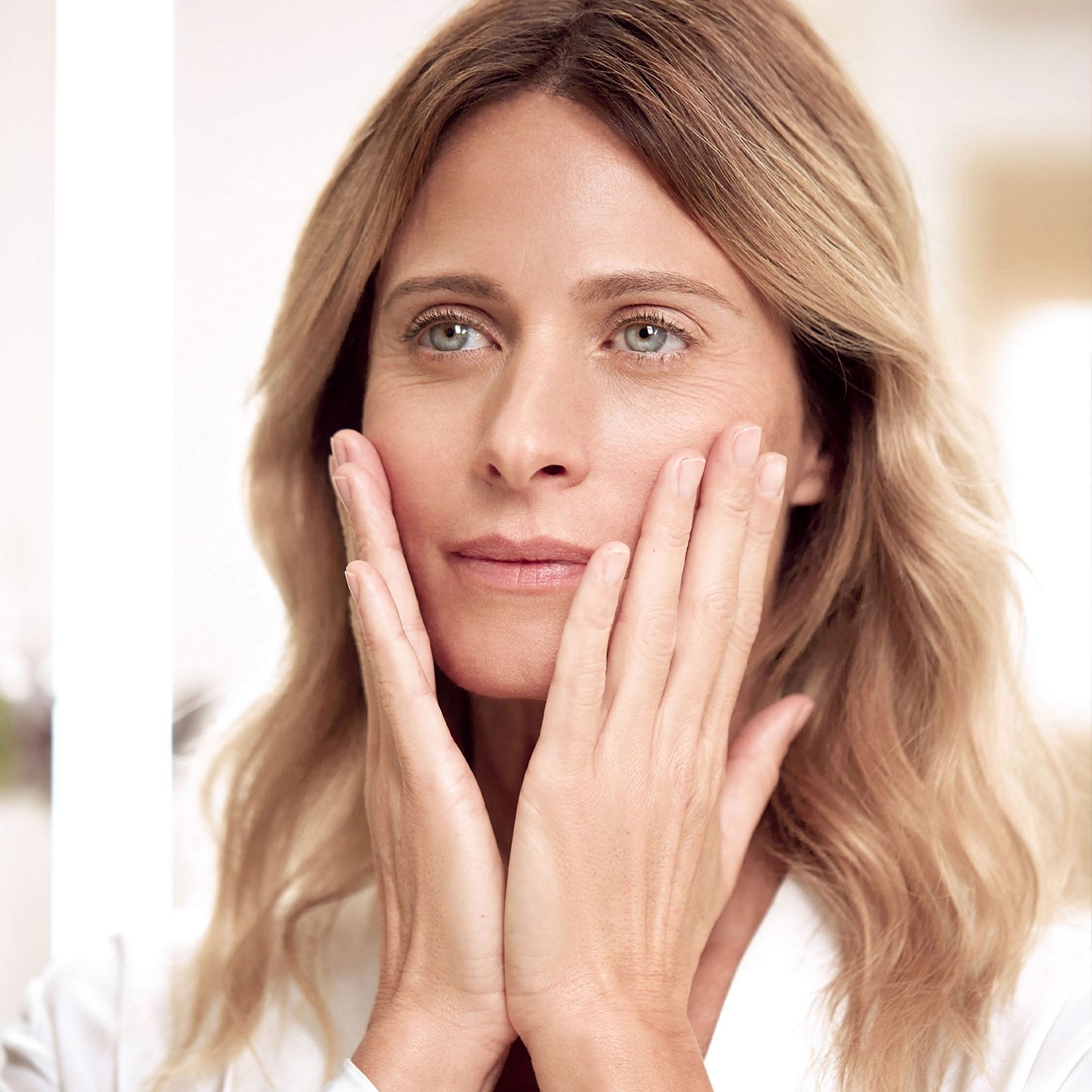
Drawbacks and Limitations of Baby Lotion for Facial Use
Despite its potential benefits, using baby lotion on adult facial skin comes with several drawbacks and limitations that warrant consideration. One primary concern is the lack of targeted skincare ingredients commonly found in adult facial moisturizers. Baby lotions typically don’t contain anti-aging components like retinol, peptides, or antioxidants, which many adults seek in their skincare products. Additionally, the formulation of baby lotions may not address specific adult skin concerns such as acne, hyperpigmentation, or fine lines. The occlusive nature of some baby lotions, while beneficial for preventing moisture loss, can potentially lead to clogged pores in adults prone to acne or oily skin.
This risk increases if the baby lotion contains comedogenic ingredients like certain oils or butters. Furthermore, baby lotions often lack sun protection, a crucial element in adult skincare routines for preventing premature aging and skin damage. The pH balance of baby lotions, designed for infant skin, may not be optimal for maintaining the acid mantle of adult facial skin. This could potentially disrupt the skin’s natural barrier function over time. Lastly, while the simplicity of baby lotion formulas appeals to some, it may not provide sufficient nourishment for mature or demanding skin types. These limitations highlight the importance of carefully evaluating whether baby lotion aligns with individual skincare needs and goals.
Comparing Baby Lotion to Adult Facial Moisturizers
When considering baby lotion as a facial moisturizer, it’s essential to compare it with products specifically designed for adult facial care. Adult facial moisturizers often contain a more sophisticated blend of ingredients tailored to mature skin needs. These may include hyaluronic acid for deep hydration, niacinamide for improving skin texture, or vitamin C for brightening and antioxidant protection. Many adult moisturizers also incorporate SPF, providing crucial sun protection that baby lotions typically lack. The texture of adult facial moisturizers usually differs from baby lotions, offering lighter, quick-absorbing formulas that work well under makeup.
Some adult products target specific concerns like oil control or anti-aging, which baby lotions don’t address. Additionally, adult facial moisturizers often undergo testing specifically for facial use, ensuring their suitability for this delicate area. They may also be non-comedogenic, reducing the risk of clogged pores. While baby lotions excel in gentleness, adult facial moisturizers often provide a more comprehensive approach to skincare. However, the choice between the two depends on individual skin needs, preferences, and budget considerations. Some may find that alternating between baby lotion and adult moisturizers or using baby lotion as a supplement to their regular skincare routine works best for their skin.

Expert Opinions on Using Baby Lotion for Facial Care
Dermatologists and skincare experts offer varied opinions on using baby lotion for adult facial care. Some dermatologists acknowledge that baby lotions can be a gentle option for those with extremely sensitive skin or conditions like eczema. They point out that the simple formulations can be less likely to cause irritation compared to more complex adult products. However, many experts caution against relying solely on baby lotion for facial care. They emphasize that adult skin has different needs and may benefit more from products formulated specifically for facial use.
Skincare professionals often stress the importance of ingredients like antioxidants and peptides, which are typically absent in baby lotions, for maintaining healthy adult skin. Some experts suggest that while baby lotion might be suitable as a body moisturizer for adults, it may not provide adequate care for facial skin exposed to environmental stressors. Dermatologists also warn about the potential for clogged pores in acne-prone individuals using baby lotions on their face. Many recommend patch testing any new product, including baby lotion, before applying it to the entire face. Overall, while experts recognize the gentleness of baby lotions, they generally advise adults to choose facial moisturizers specifically formulated for their skin type and concerns.
Skin Types and Conditions: Who Might Benefit from Baby Lotion?
While not universally recommended for facial use, baby lotion may be particularly suitable for certain skin types and conditions. Individuals with extremely sensitive skin often find relief in the gentle formulations of baby lotions, which are less likely to cause irritation or allergic reactions. Those with dry, flaky skin may benefit from the occlusive properties of baby lotions. Which help lock in moisture and prevent water loss. People with eczema or other inflammatory skin conditions sometimes turn to baby lotions as a mild alternative when other products prove too harsh. Mature skin that has become more sensitive with age might also tolerate baby lotion well.
Individuals recovering from cosmetic procedures or harsh skincare treatments may find temporary comfort in using baby lotion during the healing process. Those living in dry or cold climates might appreciate the extra moisture barrier that baby lotions provide. However, it’s crucial to note that oily or acne-prone skin types should generally avoid using baby lotion on the face due to its potentially pore-clogging effects. Additionally, individuals seeking anti-aging benefits or specific skin improvements may not find baby lotion sufficient for their needs. As with any skincare product, personal experimentation and consultation with a dermatologist can help determine if baby lotion is appropriate for one’s unique skin situation.
Proper Application and Usage Tips for Baby Lotion on the Face
For those choosing to use baby lotion on their face, proper application and usage are key to maximizing benefits and minimizing potential issues. Start by cleansing the face with a gentle, pH-balanced cleanser to remove dirt and oil. Pat the skin dry with a soft towel, leaving it slightly damp to enhance absorption. Apply a small amount of baby lotion to the fingertips and gently massage it into the skin using upward, circular motions. Be careful to avoid the delicate eye area unless the product specifically states it’s safe for this use. For best results, apply the lotion while the skin is still slightly damp to lock in moisture.
Consider using baby lotion as a night cream, allowing it to deeply moisturize the skin during sleep. If using during the day, follow up with a broad-spectrum sunscreen to protect the skin from UV damage. Those with oily or combination skin might prefer to use baby lotion only on drier areas of the face. It’s advisable to start with a patch test on a small area of the face to check for any adverse reactions before full application. Pay attention to how your skin responds over time, and discontinue use if any irritation or breakouts occur. Remember that less is often more when it comes to facial application – a thin layer usually suffices.
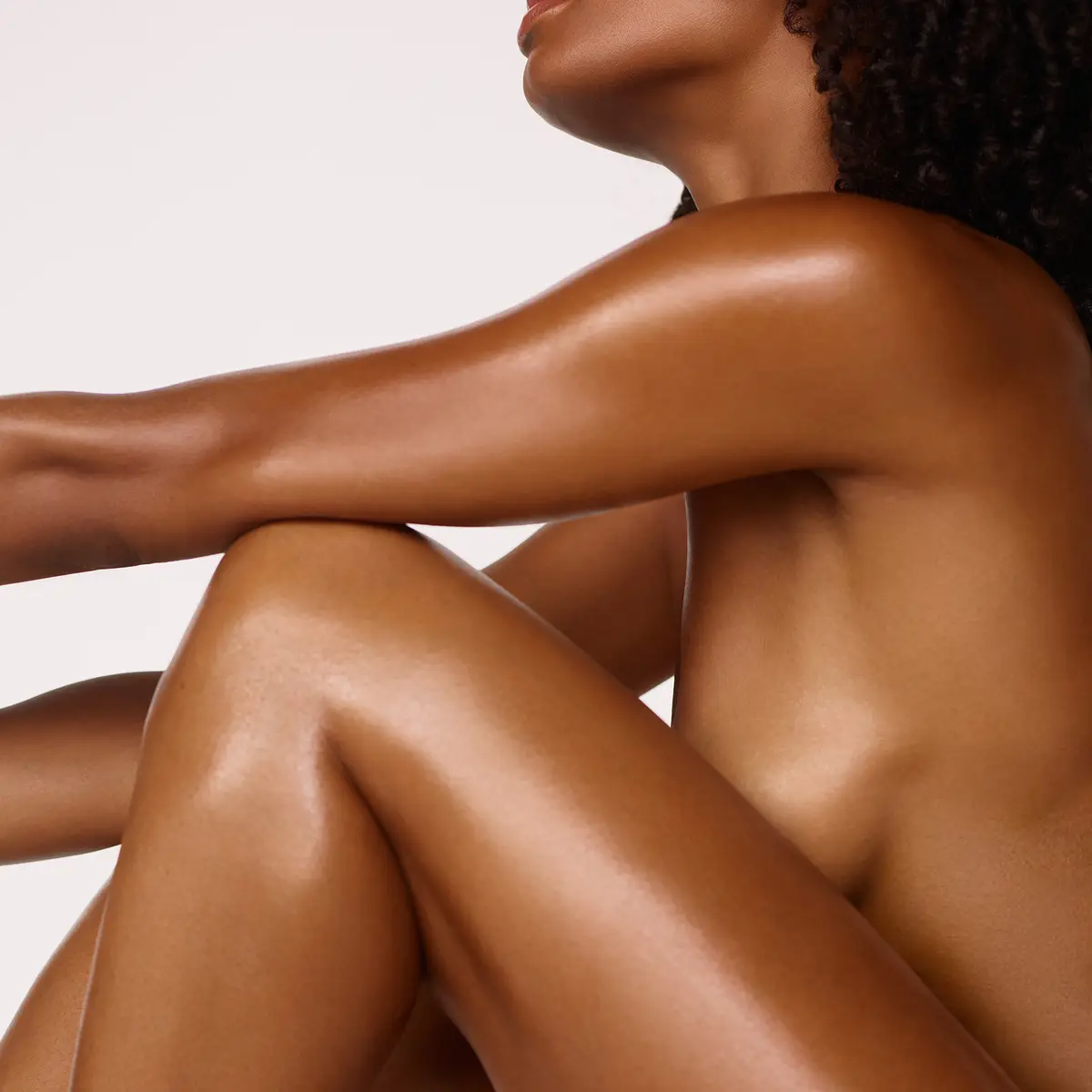
Alternatives and Complementary Products to Baby Lotion
Is baby lotion good for you face?While baby lotion can serve as a facial moisturizer for some, exploring alternatives and complementary products can enhance overall skincare results. For those seeking simplicity similar to baby lotion, consider fragrance-free, hypoallergenic moisturizers designed for sensitive skin. These products often provide the gentleness of baby lotion with formulations better suited for adult facial skin. Hydrating serums containing ingredients like hyaluronic acid can boost moisture levels without the heaviness sometimes associated with baby lotions. For individuals concerned about aging, look for moisturizers with retinol, peptides, or antioxidants to address fine lines and improve skin texture.
Those prone to acne might benefit from oil-free, non-comedogenic moisturizers that hydrate without clogging pores. Natural alternatives like aloe vera gel or pure plant oils (e.g., jojoba, rosehip) can provide gentle moisture for some skin types. To complement the use of baby lotion, consider incorporating a gentle exfoliant to remove dead skin cells and enhance product absorption. Adding a hydrating face mist or essence can provide an extra layer of moisture beneath the lotion. For daytime use, always follow with a broad-spectrum sunscreen to protect the skin from UV damage. Remember, a well-rounded skincare routine often involves multiple products working together to address various skin needs.
Conclusion: Making an Informed Decision About Baby Lotion for Facial Use
The decision to use baby lotion on adult facial skin ultimately depends on individual skin type, concerns, and preferences. While baby lotion offers benefits like gentleness and simplicity. It may not provide the targeted care that many adults require for their facial skin. Those with extremely sensitive skin or specific conditions like eczema might find baby lotion suitable as a facial moisturizer. However, individuals seeking anti-aging benefits, acne control, or specific skin improvements may need to look elsewhere. It’s crucial to listen to your skin and observe how it responds to baby lotion over time.
If you choose to incorporate baby lotion into your facial skincare routine. Consider using it in conjunction with other products that address your specific skin needs. Always prioritize sun protection, regardless of your choice of moisturizer. Consulting with a dermatologist can provide personalized advice on whether baby lotion is appropriate for your skin. Remember that skincare is not one-size-fits-all, and what works for one person may not work for another. By understanding the pros and cons of using baby lotion on the face and considering alternatives. You can make an informed decision that best supports your skin health and overall well-being.
